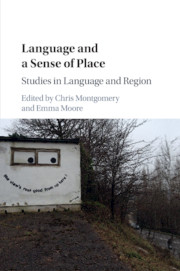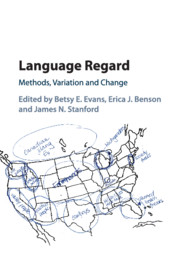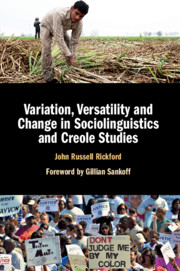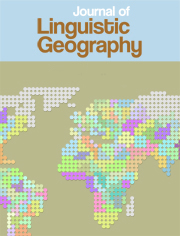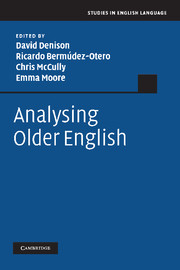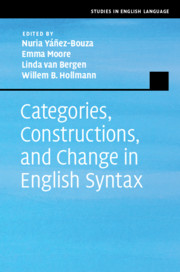Language and a Sense of Place
Place has always been central to studies of language, variation and change. Since the eighteenth century, dialectologists have been mapping language features according to boundaries - both physical and institutional. In the twentieth century, variationist sociolinguists developed techniques to correlate language use with speakers' orientations to place. More recently, perceptual dialectologists are examining the cognitive and ideological processes involved in language-place correlations and working on ways to understand how speakers mentally process space. Bringing together research from across the field of language variation, this volume explores the extent of twenty-first century approaches to place. It features work from both established and influential scholars, and up and coming researchers, and brings language variation research up to date. The volume focuses on four key areas of research: processes of language variation and change across time and space; methods and datasets for regional analysis; perceptions of the local in language research; and ideological representations of place.
- Includes chapters focussing on language and place in England, Scotland, Canada and the USA, enabling readers to draw parallels between them
- Readers will gain an understanding of four key areas of research: processes of language variation and change across time and space; methods and datasets for regional analysis; perceptions of the local in language research; and ideological representations of place
- Brings language variation research up to date, setting it within the context of current research methods and theoretical thinking
Reviews & endorsements
'The volume will have much appeal to established academics and students alike, as a current resource for research and teaching, particularly in the areas of language and identity, language contact, and sociolinguistics more broadly. The appeal and usefulness of the collection reflect the consistently high standard of the research but also the enjoyability of the volume as a collection of work.' Katherine McCooey-Heap, The Modern Language Review
Product details
April 2020Paperback
9781107491663
386 pages
228 × 152 × 20 mm
0.5kg
82 b/w illus. 15 maps
Available
Table of Contents
- Part I. Changing Places:
- 1. Changing places: tracking innovation and obsolescence across generations Sali A. Tagliamonte
- 2. Changing sounds in a changing city: an acoustic phonetic investigation of real-time change over a century of Glaswegian Jane Stuart-Smith, Brian José, Tamara Rathcke, Rachel Macdonald and Eleanor Lawson
- 3. Local vs. supralocal: preserving language and identity in Newfoundland Sandra Clarke
- 4. Variation and change in the realisation of /r/ in an isolated Northumbrian dialect Warren Maguire
- Part II. Describing Places:
- 5. Corpora for regional and social analysis Karen P. Corrigan
- 6. Using archives to conduct collaborative research on language and region Fiona Douglas
- 7. Maps and mapping in (perceptual) dialect geography Chris Montgomery
- 8. Which way to look?: perspectives on 'urban' and 'rural' in dialectology David Britain
- Part III. Identifying Places:
- 9. Identifying places: the role of borders Dominic Watt and Carmen Llamas
- 10. 'I stole it from a letter, off your tongue it rolled': the performance of dialect in Glasgow's indie music scene Miriam Krause and Jennifer Smith
- 11. Where the black country meets 'black Barnsley': dialect variation and identity in an ex-mining community of Barnsley Kate Burland
- 12. 'The land steward wouldn't have a woman farmer': the interaction between language, life trajectory and gender in an island community Emma Moore and Paul Carter
- Part IV. Enregistering Places:
- 13. Characterological figures and expressive style in the enregisterment of linguistic variety Barbara Johnstone
- 14. Enregisterment, and the social meaning of howay': dialect and identity in north-east England Julia Snell
- 15. Indexing Acadian identities Ruth King
- 16. 'Turtlely amazing': the enregisterment of 'Yorkshire' dialect and the possibility of GOAT fronting as a newly-enregistered feature Paul Cooper.

